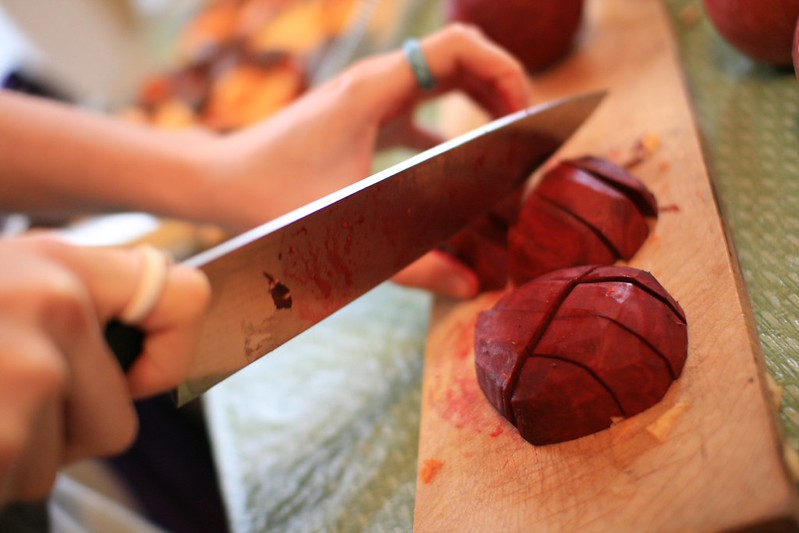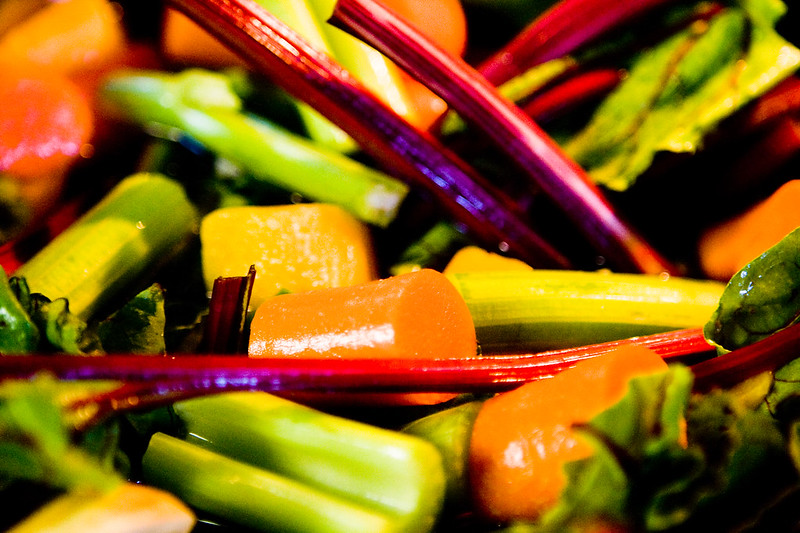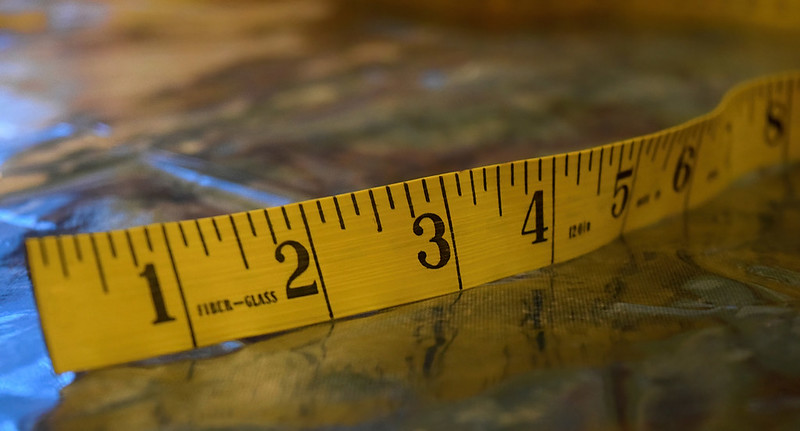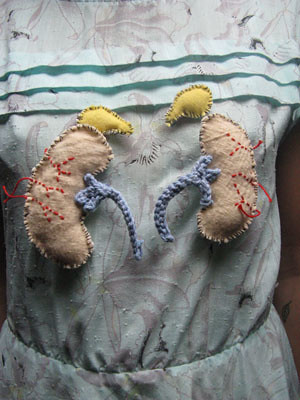Moving Beyond Knowledge
The ability to empathize and to wonder is fundamental to being human. These aspects of thought allow us to expand our knowledge and deepen our connections with others. Before starting medical training, I believed I would maintain my own sense of wonder, perhaps even expand it through new experiences. Yet after three years of medical school, I have found this more difficult than expected. Although medical education has certainly broadened my mind and offered remarkable …







